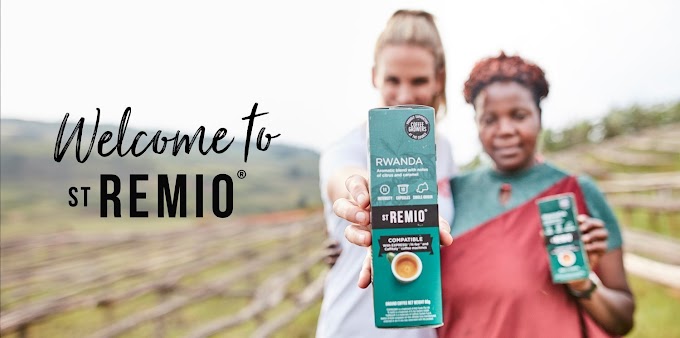Do you start your day with a cup of coffee? If so, have you ever wondered about the impact your daily caffeine fix has on the environment and the farmers who grow those precious beans? Well, we've got some exciting news for all you coffee lovers out there!
In this blog post, we'll explore how sustainable coffee pods are not only benefiting our planet but also revolutionising fair trade practices in the industry.
Get ready to sip on knowledge as we uncover the incredible ways these little capsules are making a big difference for both farmers and eco-conscious consumers.
So grab your favourite mug because it's time to dive into the world of sustainable coffee pods and discover why they're brewing up an ethical storm!
The Environmental Impact of Coffee Pods
The environmental impact of coffee pods has been a topic of debate for years. In recent years, there has been a growing awareness of the issue and the need for sustainable alternatives to traditional coffee pods.
Traditional coffee pods are made from plastic and paper. They are often recycled, however, they can also end up in landfills. They also have an environmental impact when they are produced. Coffee beans are harvested by hand and the processing required to make coffee pods is polluting.
Sustainable alternatives to traditional coffee pods include K-Cup packs and reusable pod systems. K-Cups are made from recyclable materials such as aluminium and plastic, and the capsules themselves are compostable. Reusable pod systems allow you to brew your own coffee without using any disposable products.
Why Sustainable Alternatives are Essential
Traditional coffee pods are a huge environmental pollution problem. They generate millions of tons of waste every year, and they’re often made from harmful materials like plastic and metal.
Sustainable alternatives to coffee pods are essential if we want to reduce the environmental impact of our coffee consumption. Here are four reasons why:
1) Sustainable coffee pods are more environmentally friendly than traditional pods. They typically use less plastic and metal, which helps reduce pollution.
2) Sustainable coffee pods don’t create mountains of waste. When you switch to sustainable alternatives, you minimise the amount of waste that’s created in the first place.
3) Sustainable coffee pods help preserve the environment. By using sustainable methods, we can help protect ecosystems and prevent damage to natural resources.
4) Sustainable coffee pods are equitable. Everyone should have access to healthy, affordable food options that don’t harm the environment. Sustainable alternatives provide just that – an eco-friendly option that everyone can enjoy!
How Sustainable Coffee Pods are Made
Sustainable coffee pods are made with sustainable materials that have an environmental impact that is significantly lower than traditional coffee pods. Sustainable materials include biodegradable polymers, plant-based oils, and recyclable packaging.
Traditional coffee pods are made from plastic that takes hundreds of years to decompose. Coffee pods also use a lot of energy to produce and transport them. Sustainable coffee pod producers use biodegradable plastics and renewable energy sources to produce and transport their products.
Conclusion
With the average person drinking over 250 cups of coffee a year, it's no wonder that coffee is one of the most popular beverages on the planet. However, not all coffees are created equal; in fact, some are much more environmentally damaging than others. Traditional coffee pods, for instance, are made from plastic and contain a number of harmful chemicals. Fortunately, there are now a variety of sustainable alternatives to traditional coffee pods available on the market. By choosing these options instead of traditional coffee pods, you can help to reduce your environmental impact and protect our environment. Thank you for reading!


.jpg)




0 Comments